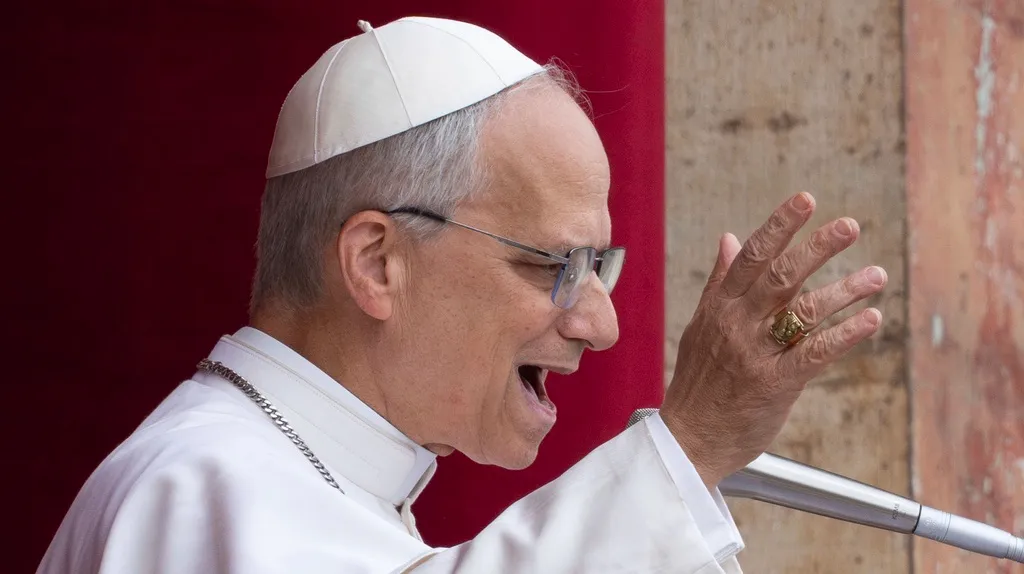August 30, 2011
Gay Former Army Officer on Trial in DC for Protest
Kilian Melloy READ TIME: 3 MIN.
A gay former Army lieutenant arrested for handcuffing himself to a White House fence during a protest is being treated differently because he is a prominent voice for gay rights, his lawyer said Monday.
Dan Choi, a West Point graduate and Iraq War veteran, is charged with disobeying police orders to leave an area in front of the White House during a November 2010 protest of the military's "don't ask, don't tell policy." During the protest, 13 people handcuffed themselves to the fence, some in uniform, chanting slogans including "let us serve."
Choi's attorney Robert Feldman said Monday at the start of his trial in federal court in Washington that people arrested for protesting at the White House are usually charged in local court where the penalty for disobeying a police order is a fine of between $100 and $1,000. But Choi was charged in federal court, where he faces both a fine and jail time of up to six months.
"They want him to go away," Feldman said, suggesting that bringing more serious charges is a move to get Choi to be silent. "He is the gay man who is finally attracting the attention."
Twelve other demonstrators arrested with Choi previously accepted deal with prosecutors, agreeing to plead guilty in federal court but serve no jail time if they were not re-arrested within four months. Feldman said his client rejected a similar plea deal prosecutors offered Friday, though he would not have had to plead guilty.
Choi, who was discharged from the military in 2003 for being gay, said Monday he never considered taking the deal.
His lawyer planned to argue that Choi is not guilty because he couldn't hear police warnings to leave owing to other crowd noise; Choi also was warned to get off the sidewalk and not the short fence wall he was standing on.
During testimony Monday, prosecutor Angela George questioned several officers involved in the arrests. They testified that they heard three warnings given protesters by an officer using a police cruiser's loudspeaker. Officers testified, however, that Choi's case was unusual in that it had been brought in federal court.
Before November, Choi was arrested in March and April 2010 for similar protests, but prosecutors dismissed the charges against him on those occasions.
Choi acknowledged Monday that the cause he was protesting in November is now moot. President Barack Obama put an end to the military's "don't ask, don't tell" policy in July. As of Sept. 20, gay service members will be able to acknowledge their sexual orientation openly.
Choi testified at his trial Tuesday that he was proud and willing to go to jail. He told the court he believed in his cause and drew inspiration from the civil rights movement decades ago.
"The right to speak on behalf of those who cannot speak for themselves is more than a privilege," said Choi, his voice rising with emotion during a cross-examination that turned confrontational at times. "It's a moral responsibility and I take that seriously."
Choi said he could not recall details of his arrest, but likened the scene to a "combat zone" and recalled being struck by what he considered to be aggressive and demeaning tactics by the U.S. Park Police officers who showed up.
"I do not recall a lot of what happened, but I also do not recall if I blacked out," said Choi, a 30-year-old West Point graduate who served in the Iraq war as an infantry officer.
Choi became a public face of the gay rights movement after television interviews in 2009 in which he revealed that he was gay. He said he was honorably discharged last year under the "don't ask, don't tell" policy.
He previously was arrested outside the White House during protests in March and April 2010. He said he was motivated partly by his disappointment in President Barack Obama, who subsequently put an end to the military's "don't ask, don't tell" police in July.
As of Sept. 20, gay service members will be able to acknowledge their sexual orientation openly. Previously, the "don't ask, don't tell" policy had barred gays from serving openly in the military since 1993.
Choi also said he was inspired by acts of civil disobedience, such as a sit-in at a segregated Woolworth's department store lunch counter in North Carolina during the civil rights movement.
A dozen other protesters were arrested along with Choi at the November protest. The others have accepted plea deals that spare them jail time if they go several months without being re-arrested. Choi has rejected a similar offer, said his lawyer, Robert Feldman.
The non-jury trial opened Monday before U.S. Magistrate Judge John Facciola.
Kilian Melloy serves as EDGE Media Network's Associate Arts Editor and Staff Contributor. His professional memberships include the National Lesbian & Gay Journalists Association, the Boston Online Film Critics Association, The Gay and Lesbian Entertainment Critics Association, and the Boston Theater Critics Association's Elliot Norton Awards Committee.



